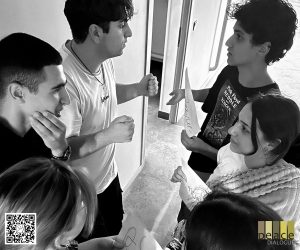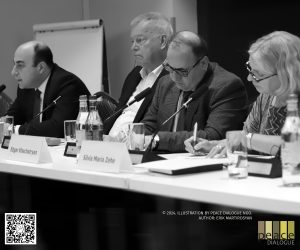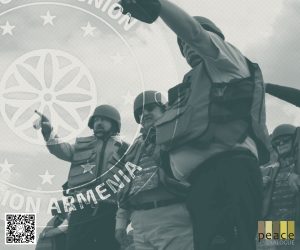Support for Civil Peace Initiatives
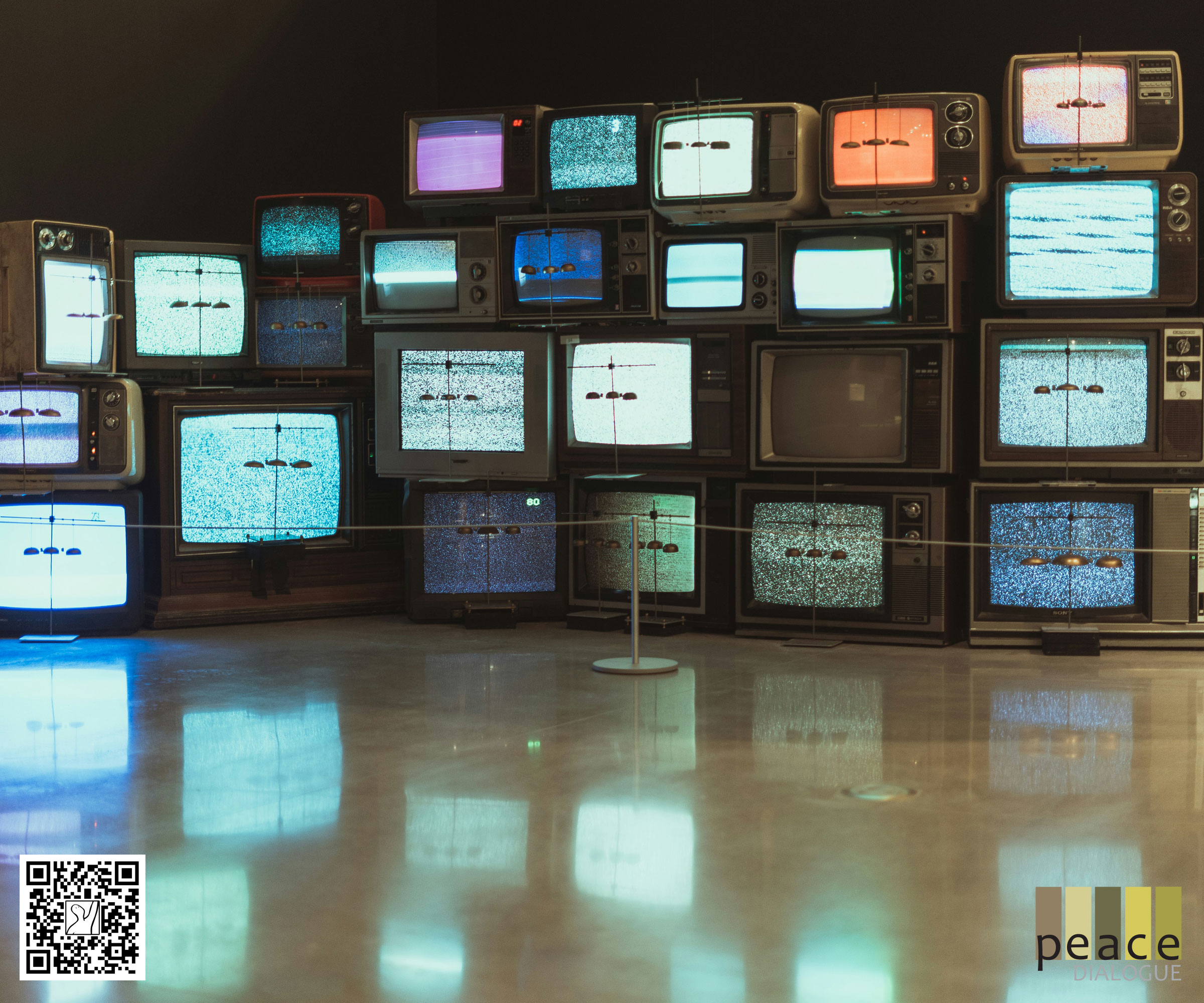
Multi-Stakeholder Foresight Dialogue: Exploring Future Scenarios in Armenian-Azerbaijani Relations
On May 31–June 1, 2025, Peace Dialogue NGO organized a Multi-Stakeholder Foresight Dialogue in Dilijan, Armenia under the title “Exploring Future Scenarios, Trends, and Signals in Armenian-Azerbaijani Relations.” The event brought together a diverse group of participants—including parliamentarians, representatives of governmental institutions, and civil society actors—to explore how the evolving dynamics between Armenia and Azerbaijan might unfold in the coming years.
Armenia in Focus: Navigating the Eastern Partnership, Regional Security, and European Integration
 “…Despite 58% of the Armenian population favoring EU membership, EU-Armenia relations remain vulnerable to Russian influence…”
“…Despite 58% of the Armenian population favoring EU membership, EU-Armenia relations remain vulnerable to Russian influence…”
Empowering Youth Through Theatre: A Summer of Discovery in Vanadzor
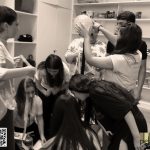
In the summer of 2023, Peace Dialogue NGO embarked on an inspiring journey to empower young minds in Vanadzor, Armenia. Guided by Nikola Turière and Rima Galstyan, the Brainstorming Theater youth club became a dynamic platform for teenagers to explore their potential, engage in grassroots projects, and become active and informed citizens. This activity was part of a project CONTACT 3.0 that is implemented by Peace Dialogue NGO in partnership with the German partner OWEN eV.
EU4PEACE:PHASE 2/ Collaborative Meeting to Identify Societal Needs in the Armenian-Azerbaijani Conflict

Over two days, from August 24th to 25th, Peace Dialogue NGO convened a regional meeting in Tbilisi aimed at collectively designing a practical and mutually agreeable research methodology. Endorsed by both Armenian and Azerbaijani participants, the methodology seeks to thoroughly delve into urgent needs within their respective communities.
Understanding People’s Needs for Lasting Peace
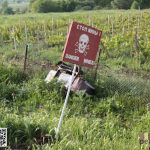
Peace Dialogue is planning to facilitate six focus-group discussions across Armenia and, apart from that, will be engaging in conversations with approximately 350 individuals with interviews. This approach aims to comprehensively understand the perceptions of people regarding the threats hindering building long-term and dignified peace between Armenia and Azerbaijan. Through this process, the organization aims to identify the most pressing and urgent needs that require immediate attention, ultimately fostering the endorsement of a more inclusive and far-reaching peace treaty.
Embarking on a new project Contact 3.0: International Reflection Meeting
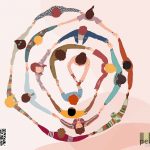
From 8 to 12 May 2023 in Tbilisi, Peace Dialogue NGO in partnership with the German organization OWEN, implemented a kick-off International Reflection Meeting as part of its new project CONTACT 3.0. Involving young activists from Armenia, Azerbaijan, and Germany, these series of workshops aimed at understanding personal and dominant national narratives through the lens of young civil society members in conflict-affected areas and striving to identify needs- and human-centered topics on which they would like to work in the future with the communities they are coming from.
Joint Analysis of Contemporary Narratives and Dominant Discourses on the Armenian-Azerbaijani Conflict

On 26-27 January 2023, Peace Dialogue NGO held a meeting entitled Joint Analysis of Contemporary Narratives and Dominant Discourses on the Armenian-Azerbaijani Conflict. The event took place in Tbilisi, Georgia and brought together representatives of Armenian and Azerbaijani civil society organisations, expert communities, and peace practitioners.
Imaginary Narratives as Path to Resolve Real Conflicts
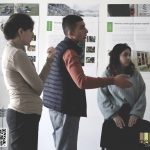
This course, which ran from October 13 to November 27, was aimed to enhance conflict resolution skills among the youth in the northern regions of Armenia by fostering a constructive approach and developing their capacity to find real and rational solutions to conflict situations on daily bases.
Peace Dialogue NGO intends to implement follow-up initiatives in the future. Currently, a manual is being developed summarising the techniques and tools applied to analyse the stories discussed during the course, as well as the methodology employed. Using the manual as a guide, Peace Dialogue will organise a training of trainers in the near future which will give the young participants an opportunity to conduct similar courses among their peers by applying the same tools and techniques.
Exchange of Cultures and Values: Journalism Without Borders
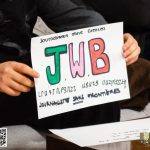
Journalism Without Borders cultural exchange program was finalized on October 21-27 in Armenia with the involvement of young participants from Armenia, France, and Germany. The national groups representing the three countries were composed of school-age children and students who are actively involved in their community life.


